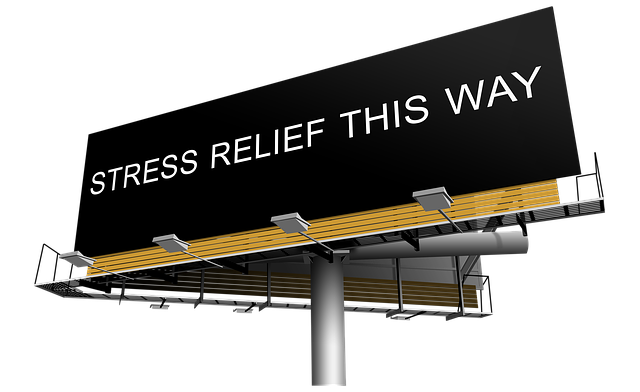
All too often, clients come to me complaining of work-related stress. Sadly, a growing number are trying to mask the symptoms by popping the trendy anxiety and/or pain med du jour rather than digging down to understand and manage the underlying cause(s) of their stress.
I believe the root cause of much of our stress can be found in the structure of the modern-day workplace. We sit too much—too often hunched over a keyboard (I’m guilty of this!). We mindlessly snack and eat lunch at our desks in the hopes of getting “more done” by not taking breaks. We absorb and internalize the emotional pressures and let them keep us up at night.
And the results… depression, low energy, back and heart problems, neck and shoulder pain, expanding waistlines, and unhappiness, just to name a few.
It’s time to convert our bad habits to good ones… but how?
Here are three you can change today to help reduce stress at work… and, therefore, at home, too:
1. Move!
A New York Times article summarized several recent studies with these simple words: your chair is your enemy!
The piece went on to say:
“It doesn’t matter if you go running every morning, or you’re a regular at the gym. If you spend most of the rest of the day sitting—in your car, your office chair, on your sofa at home—you are putting yourself at increased risk of obesity, diabetes, heart disease, a variety of cancers and an early death. In other words, irrespective of whether you exercise vigorously, sitting for long periods is bad for you.”
Inherently we all know this, yet we sit for hours and hours each day both at work and at home. Fortunately, there are easy ways we can inject some movement into our workday:
- Go for a walk to clear your head and get some fresh air
- Conduct stand-up meetings for better energy and focus, less multi-tasking, and… shorter meetings
- Opt for an exercise ball instead of a chair and engage those muscles
- Invest in a stand-up desk, or like me, type away standing at the kitchen bar
- Increase your face-to-face time by delivering would-be emails, instant messages, and texts in-person with a friendly smile
2. Sleep!
As life gets busier and schedules jam-packed, something has to give. Unfortunately for many, sleep gets sacrificed.
Sleep is essential for survival and good health. In 2015, the National Sleep Foundation released its latest recommendations on sleep. For adults, the nightly goal should be between 7-9 hours, though your mileage may vary.
We spend close to a third of our lives asleep, or at least we’re supposed to. Sadly, an overwhelming majority of adults don’t get enough sleep, leading to a whole host of other, related issues. Many of us admit that we’ve forgotten what being truly rested really feels like.
To pave the way for better sleep, the National Sleep Foundation recommends following these healthy sleep tips:
- Stick to a sleep schedule, even on weekends
- Practice a relaxing bedtime ritual
- Exercise daily
- Evaluate your bedroom to ensure ideal temperature, sound and light
- Sleep on a comfortable mattress and pillows
- Beware of hidden sleep stealers, like alcohol and caffeine
- Turn off electronics before bed
Remember, there is no substitute for good restorative sleep. Making sleep a priority will help you feel happier, less grumpy, and more energized, creative and alert.
3. Eat (right)!
I’m a bit of a nutrition hobbyist, now, but it wasn’t until my forties that the extra few holiday pounds wouldn’t come off as easily as they used to come springtime. Refusing to buy a whole new wardrobe, I started paying more attention to what I was putting in my mouth.
Keeping track of the mindless nibbling while sitting (and now standing more often than not) at the laptop was an eye-opening exercise!
Countless studies show that what we eat drives our productivity, energy and happiness. Here are keys to a healthy diet culled from some of my favorite books on healthy eating habits and nutrition:
- Keep an eye on portions
- Eat plenty of fruits and veggies
- Limit refined grains and sugars
- Enjoy more nuts and seeds
- Keep sodium down
- Choose whole foods over supplements
- Beware of liquid calories, especially alcohol
Substituting healthy snacks and lighter meals for processed foods, making time for daily movement and exercise, and actually scheduling and getting sleep are the keys to feeling happier, healthier, more energized… and WAY less stressed at the office!
How about you? Are you looking to reduce stress in your life? What are your best stress reduction techniques? I would love to hear all about how you are doing it, so please write to me at [email protected].
